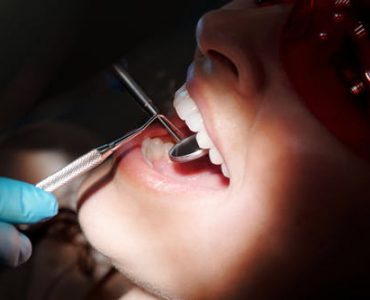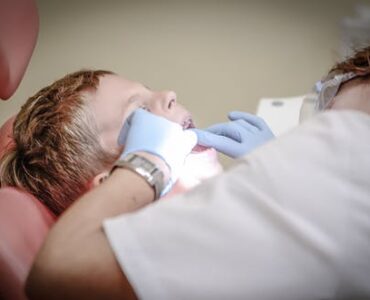There are many branches of dentistry and restorative dentistry is one of them. This is related to diagnosing, preventing and treating oral disorders and conditions. This will help restore the function of oral structures.
There are many types of restorative procedures such as crowns, fillings, bridges, implants and dentures. You can visit the dentist Kew if you need help with any of these. You need to inspect your teeth when you brush them and if you notice any injury or decay, you can visit the dentist to have the teeth filled. If the dentist finds a damaged or weak tooth, they will use a crown to cover it. Sometimes there will be one or more missing teeth in your mouth and this can be solved using a bridge.

An implant is also a method for replacing missing teeth. This is a surgical procedure where a small titanium post will be placed into the jawbone to support a crown or bridge. Then there are partial and full dentures that are used for missing teeth. You can actually replace all your teeth with a full denture.
There are so many benefits of restorative dentistry
You can improve your oral health and ensure your smile stays unchanged for a long time. This can also improve your smile and therefore your appearance. When there is missing teeth or any damage to teeth, it can put a dent in your confidence and you will find yourself trying to hide your teeth. And this can be very stressful. Also, there are many oral health issues such as tooth decay and gum disease that can occur as a result of damaged teeth and gums.
If you have any damaged or missing teeth, restorative dentistry can help you in many ways. However, you should have healthy gums and be healthy overall. Some people will not be eligible for implants if there is not enough jawbone. If there is trauma to the mouth or jaw, restorative dentistry can be very helpful. There are also certain congenital conditions that can be corrected this way.

Depending on the treatment you are receiving, the process will vary
Generally, you will first have a consultation with the dentist so that they can diagnose you and come up with a treatment plan. They will go through your oral health history and depending on the treatment, there will be some preparation to be done. The dentist will let you know how to care for your teeth after the procedure so that the results of it last a long time.
Some of the things you will need to do will be brushing, flossing and coming for regular dental check-ups. You will also need to consider the cost of the procedure. Consider the location of the practice as you will need to travel there more than once for the initial consultation, the procedure and any examinations afterwards. And this will also add to the cost. You will also need to check whether the restorative procedure you are undergoing is covered under your dental insurance.



